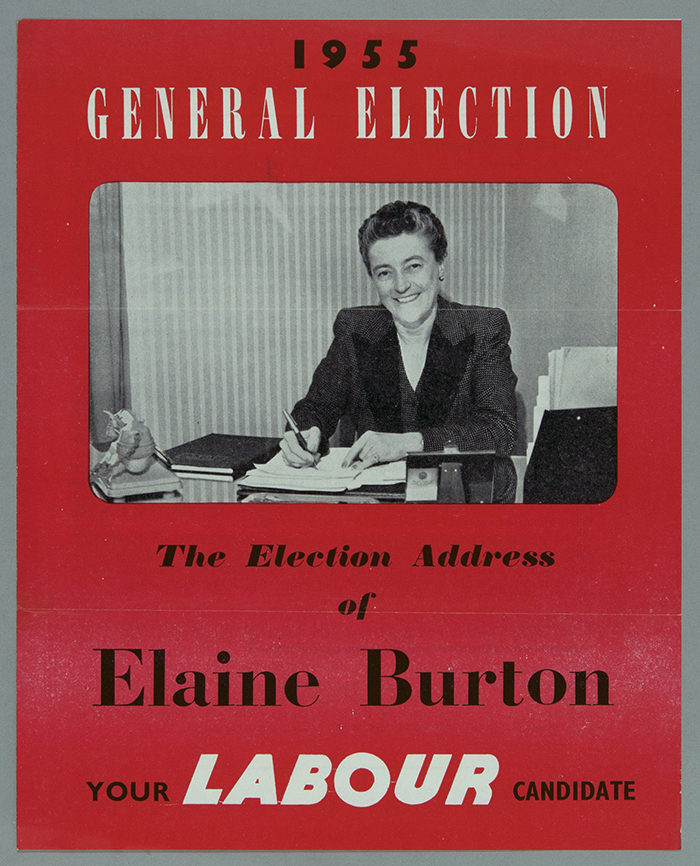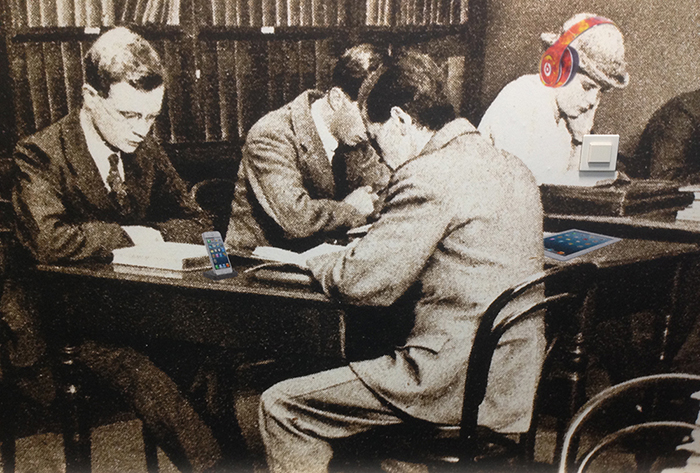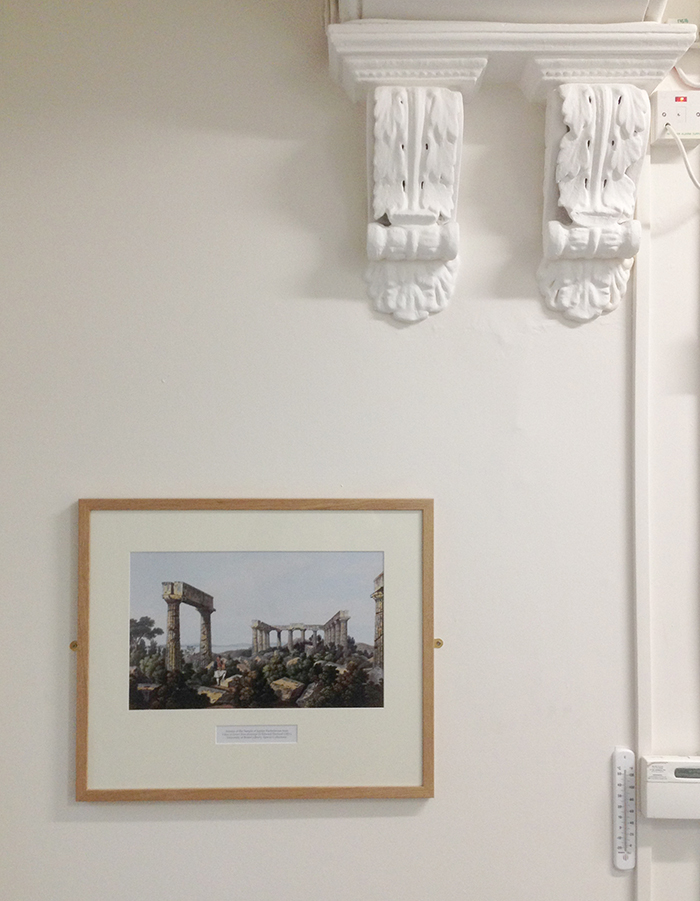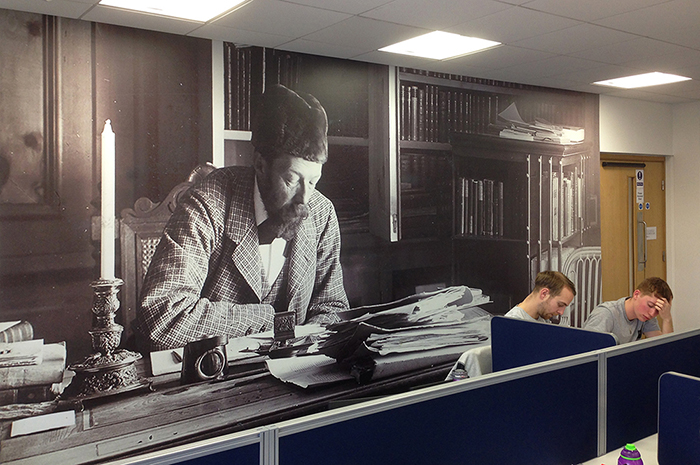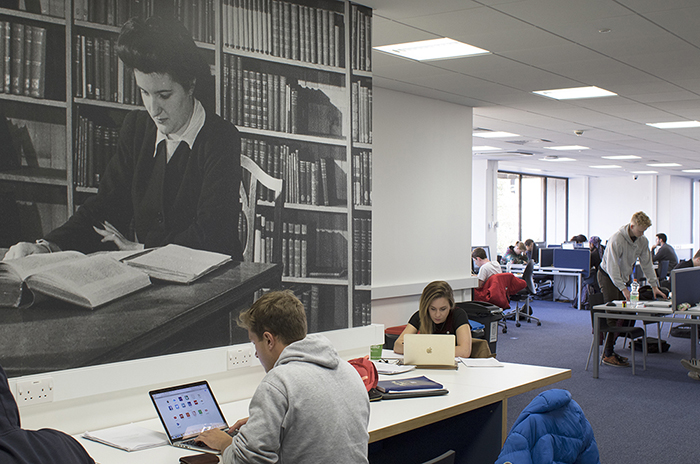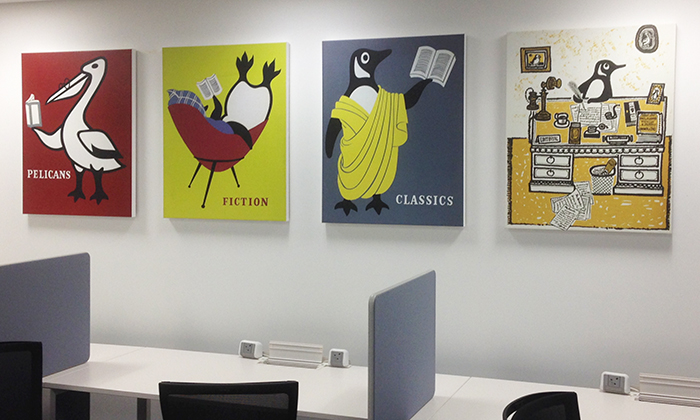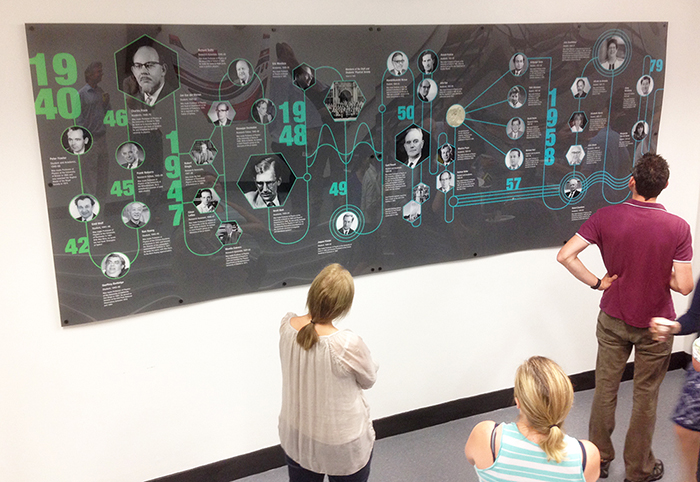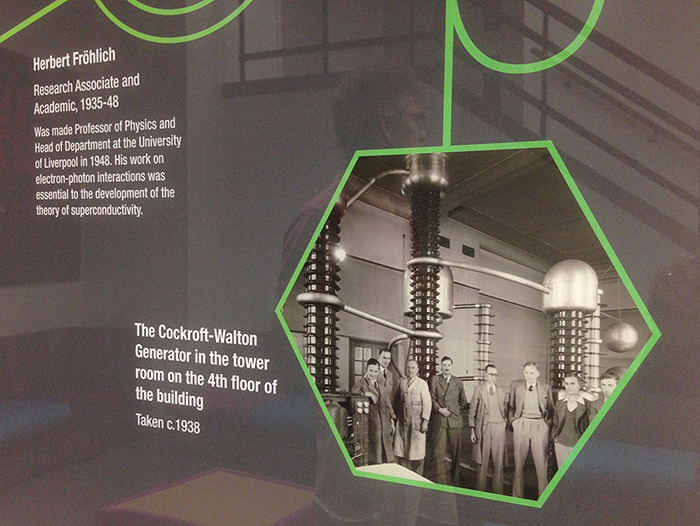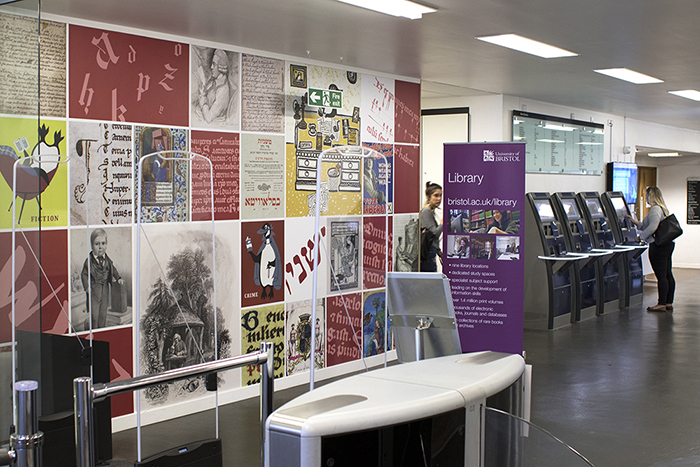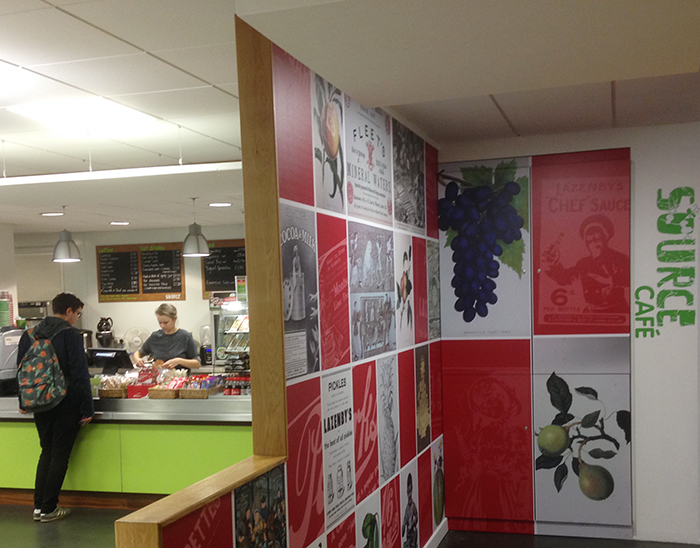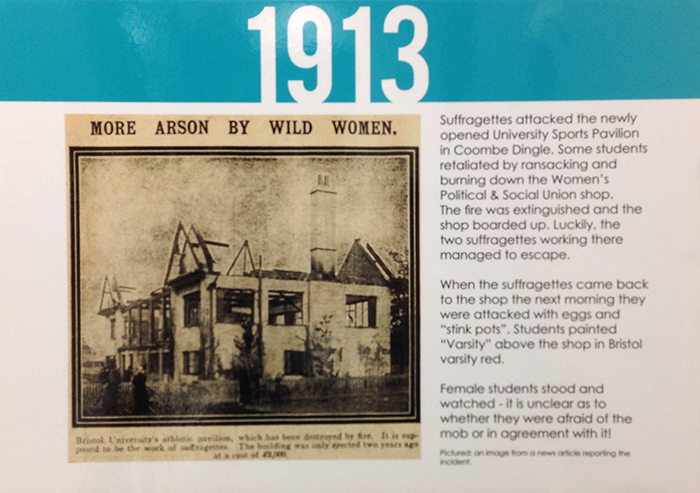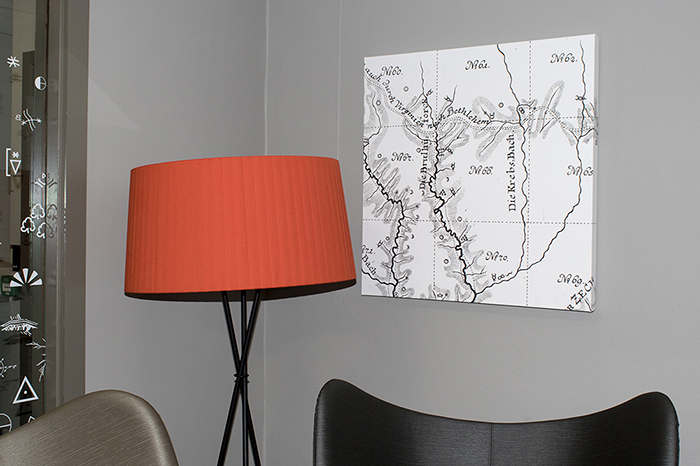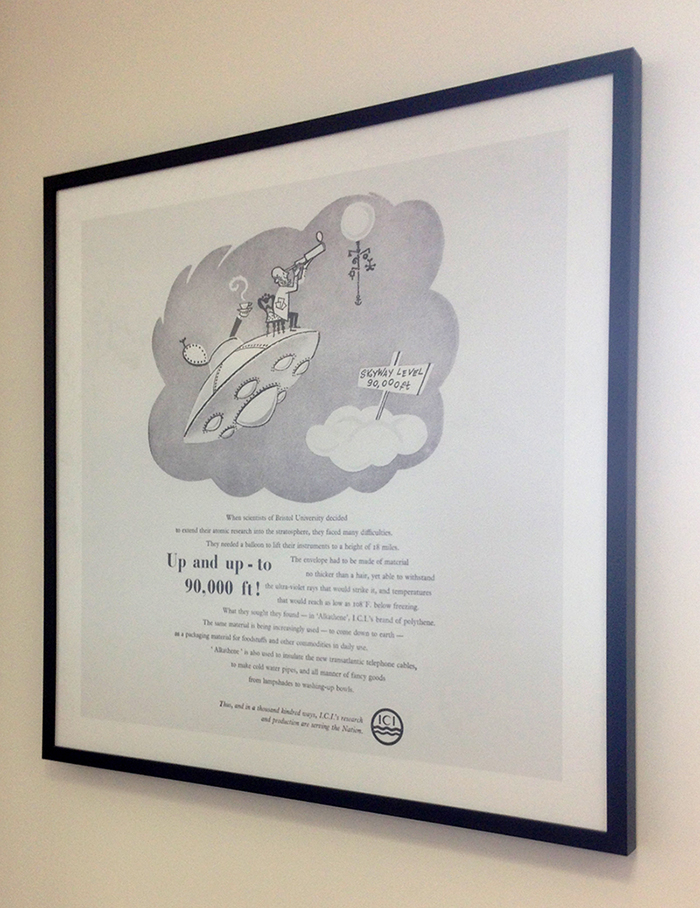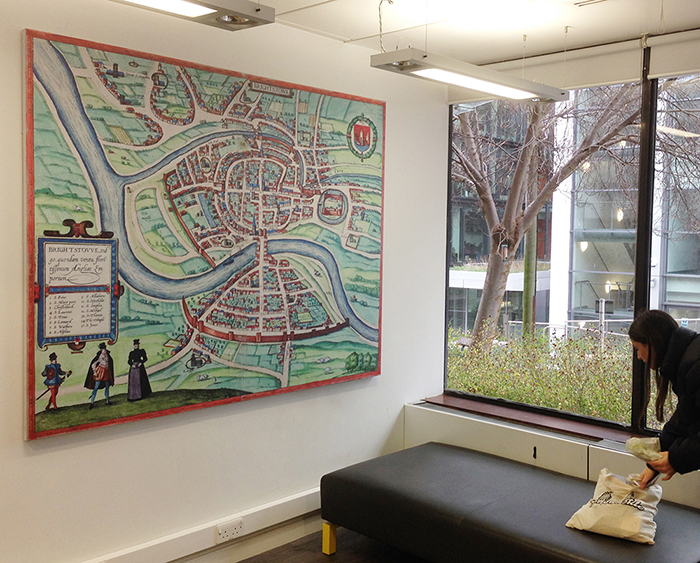An exciting new Wildfilm History Archive will be coming to Special Collections in the University of Bristol Library, thanks to a grant from the Wellcome Trust.
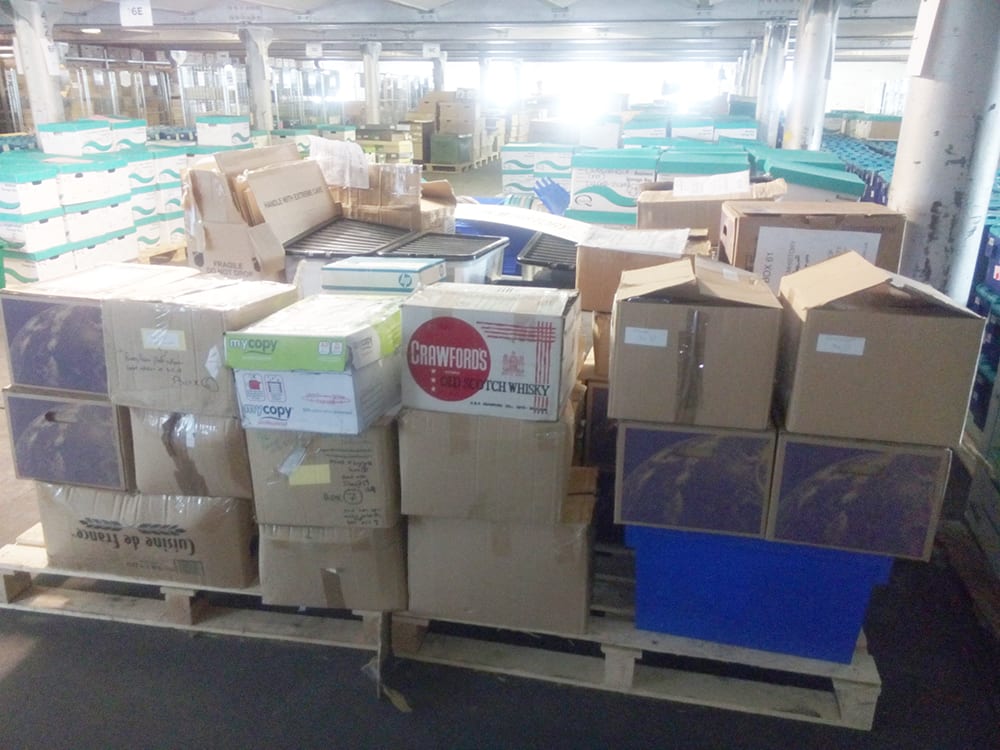
Here’s the archive as it is now, all boxed up in storage. We’ll be unpacking, exploring and eventually making the contents accessible.
The Wildfilm History Project will officially start on the 1st April 2019 and run for two years. The project will catalogue, conserve and make available a rich, diverse and important collection of wildlife filmmaking materials which document the changing cultural context of wildlife film making and how it has shaped our historical, social and cultural understanding of the natural world, as well as the growing appreciation of conservation issues and the broad public understanding of science.
Key goals of the project will be to:
- Create a detailed catalogue of the wide range of materials contained within the archive, including some of the most important wildlife films of the last hundred years.
- Digitise and provide access to a prioritised selection of the archive and make this publicly available (where rights allow) through the University’s Digital Archival Management system.
- Ensure the physical and digital archive is preserved to enable long-term access for researchers and the wider public.
The University of Bristol is home to the Centre for Environmental Humanities and from our initial discussions with researchers from Bristol and more widely there is clearly already strong research and teaching interest in the archive, as well as support from outside agencies such as Wildscreen and the BBC Natural History Unit.
“This is terrific news. Working on a project with the BBC Natural History Unit for the past few years has reinforced my conviction that there’s significant research potential for the archive from humanities and social science perspectives. Visual resources are highly valued not just by environmental and animal historians like me, but by the entire scholarly community working in the environmental humanities and the environmental social sciences. Until now, though, insufficient filmmaking materials have been available to support research.” Professor Peter Coates, School of Humanities, University of Bristol
For more details of the Wildfilm History Project please contact special-collections@bristol.ac.uk

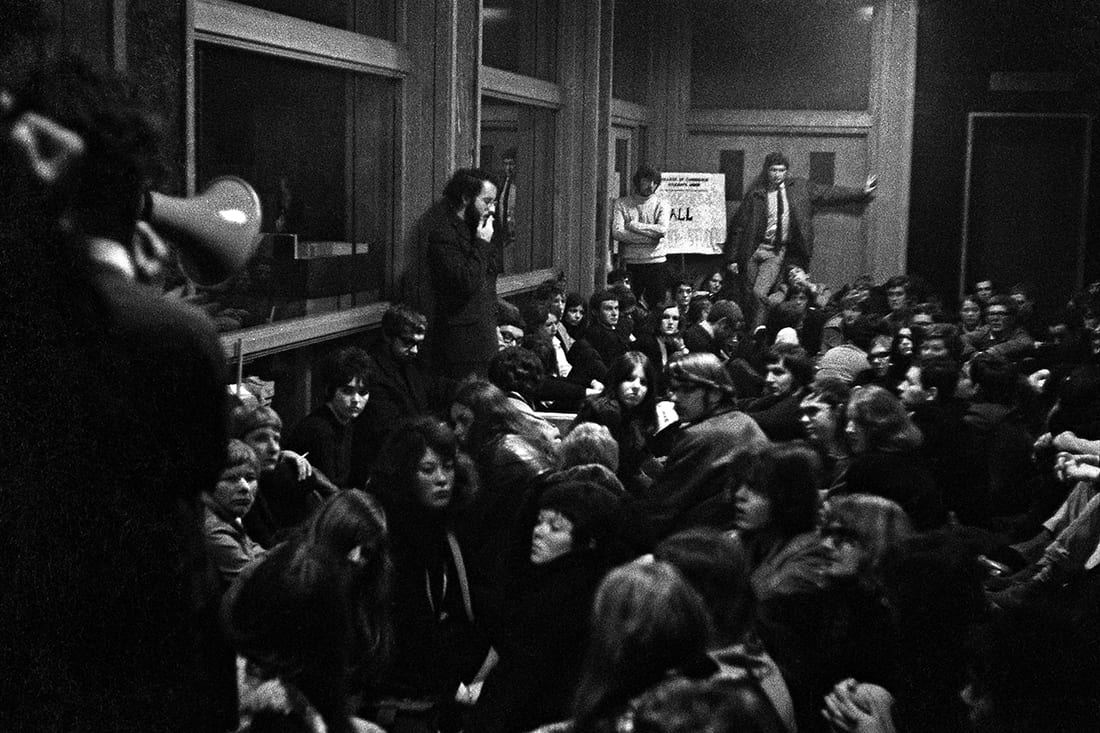 5 December 2018 marks the fiftieth anniversary of the start of a sit-in by a group of University of Bristol students, who occupied Senate House for eleven days, until 16 December 1968. The students were campaigning for a greater say in the running of the University and for the University of Bristol Student Union to be open to students from other education establishments in the city.
5 December 2018 marks the fiftieth anniversary of the start of a sit-in by a group of University of Bristol students, who occupied Senate House for eleven days, until 16 December 1968. The students were campaigning for a greater say in the running of the University and for the University of Bristol Student Union to be open to students from other education establishments in the city.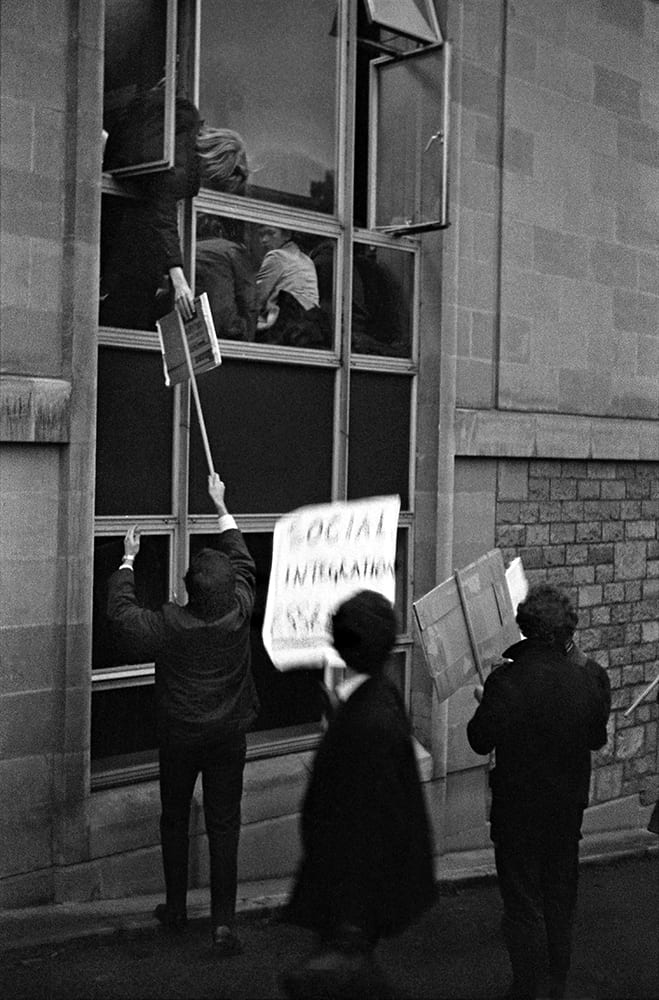 Whilst the sit-in took place, other students held a mass meeting in the Anson Rooms (Students Union) calling for the sit-in to end.
Whilst the sit-in took place, other students held a mass meeting in the Anson Rooms (Students Union) calling for the sit-in to end.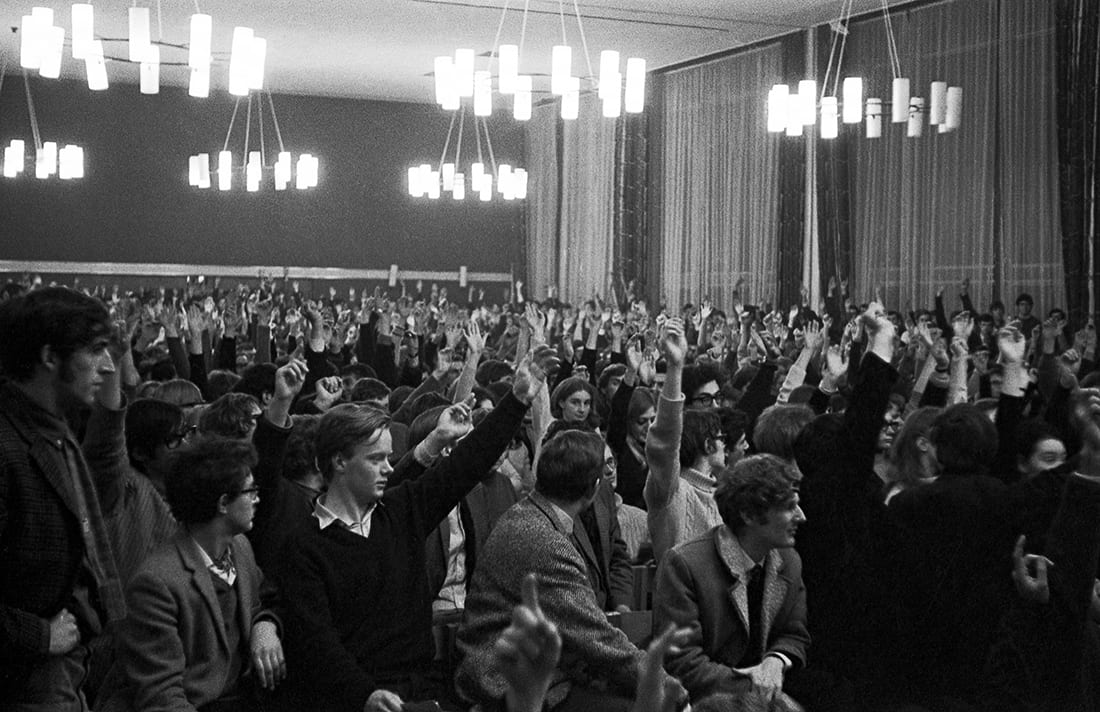
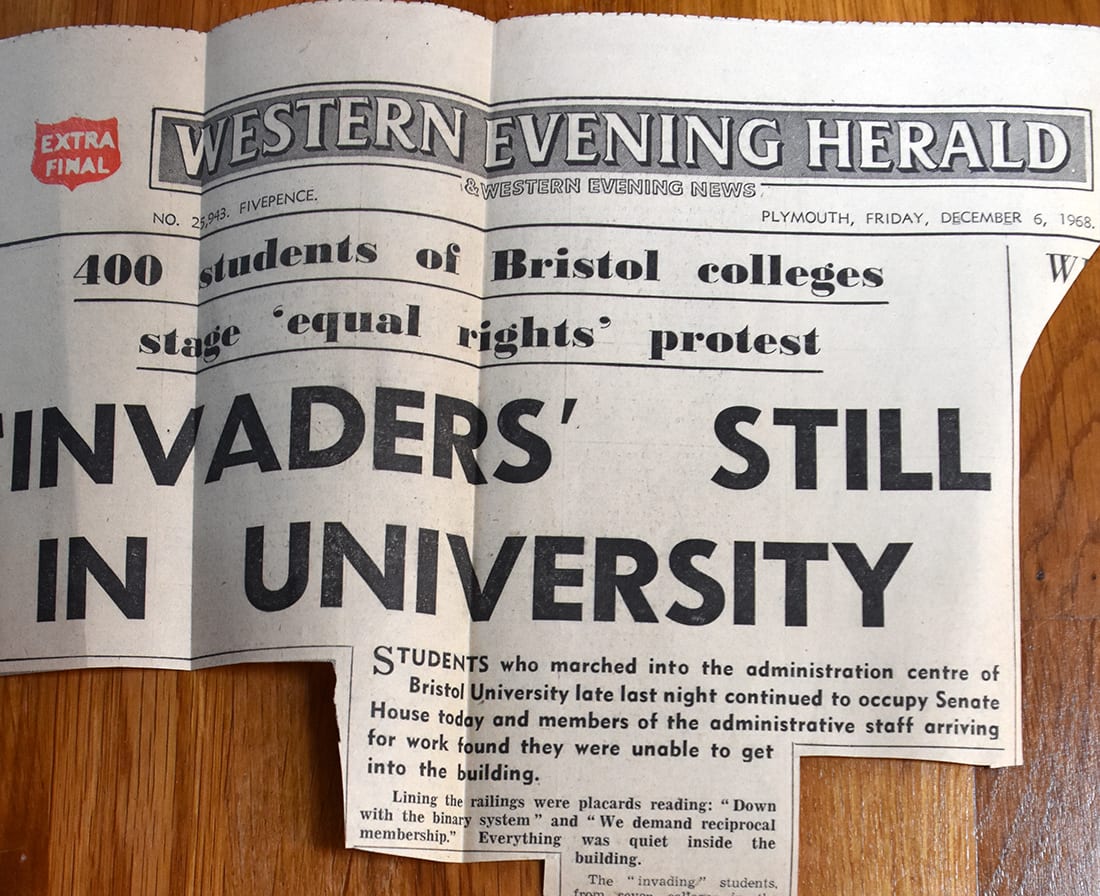
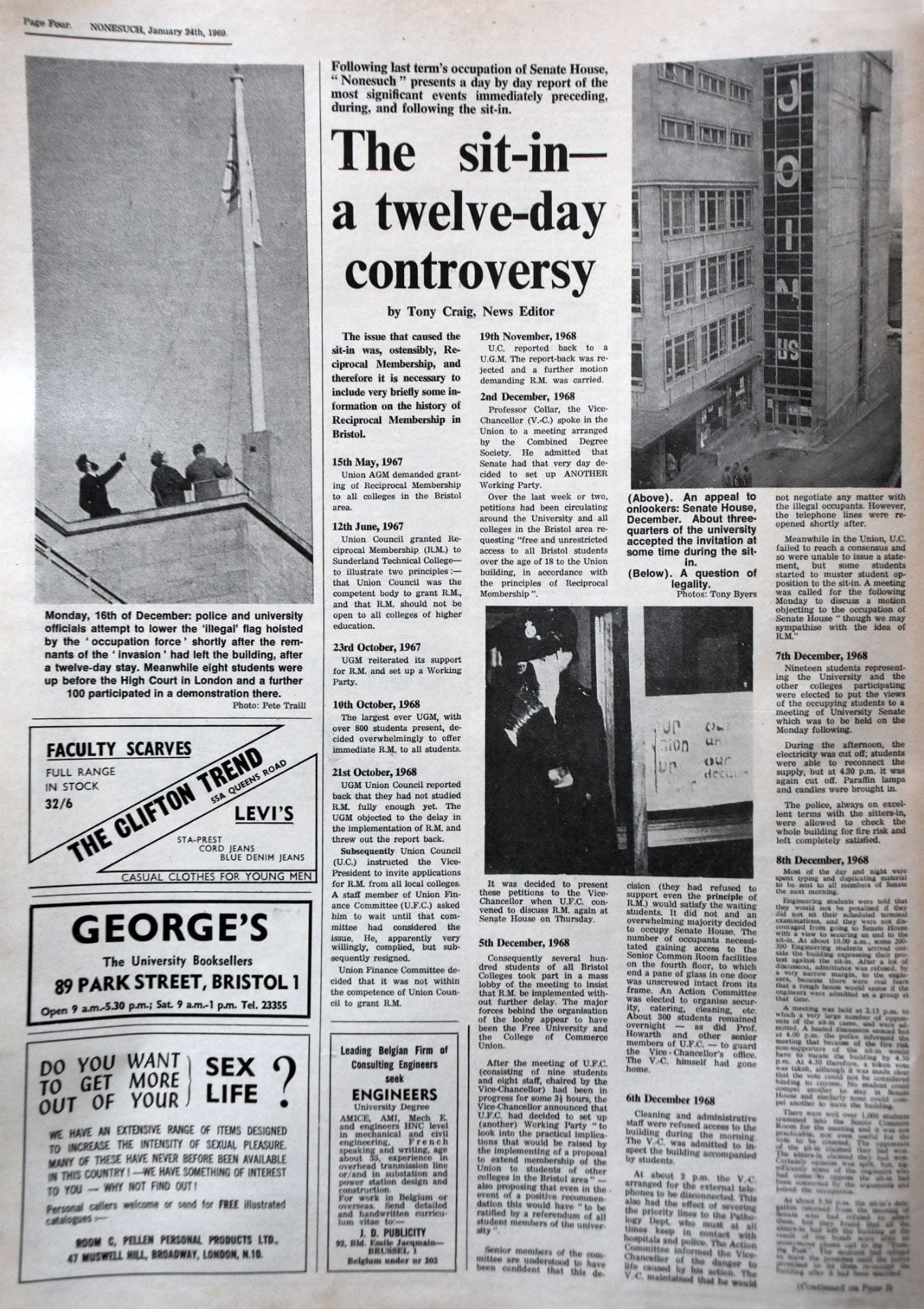 Tony Byers, a University of Bristol student who photographed many of these events at the time, deposited
Tony Byers, a University of Bristol student who photographed many of these events at the time, deposited 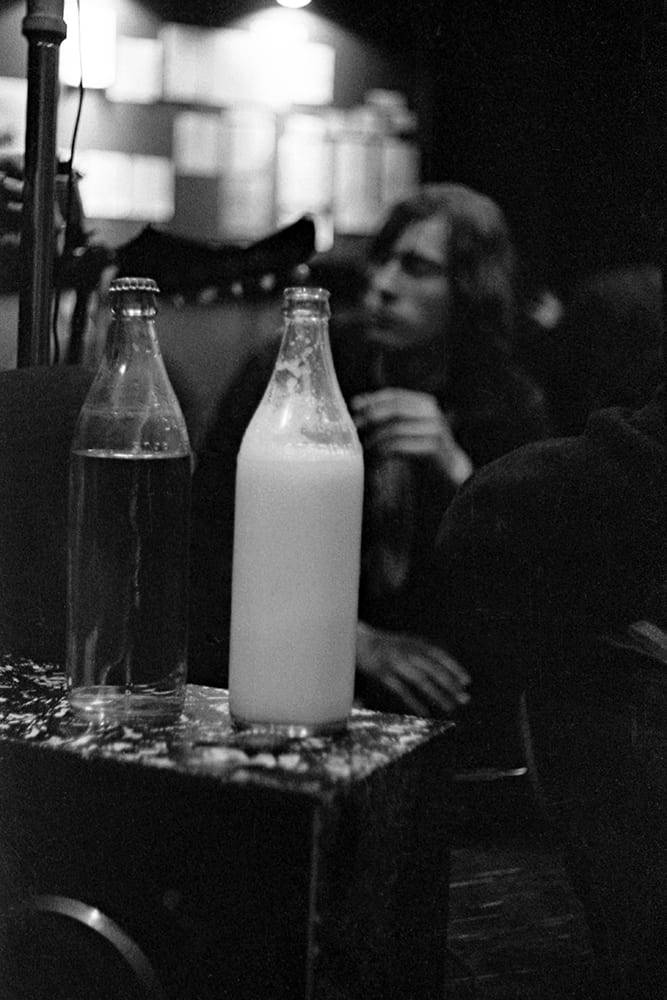
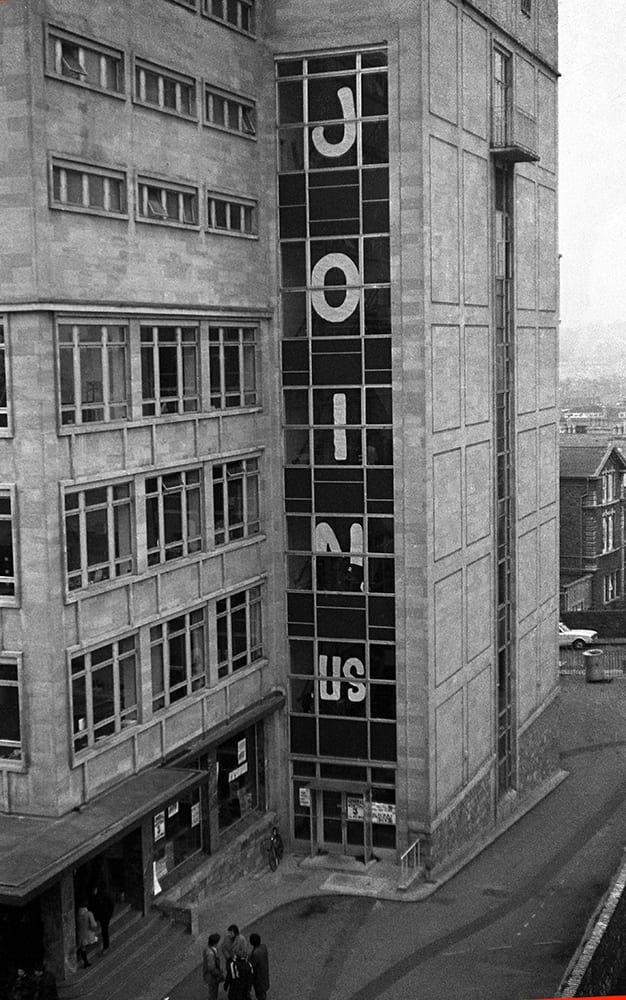
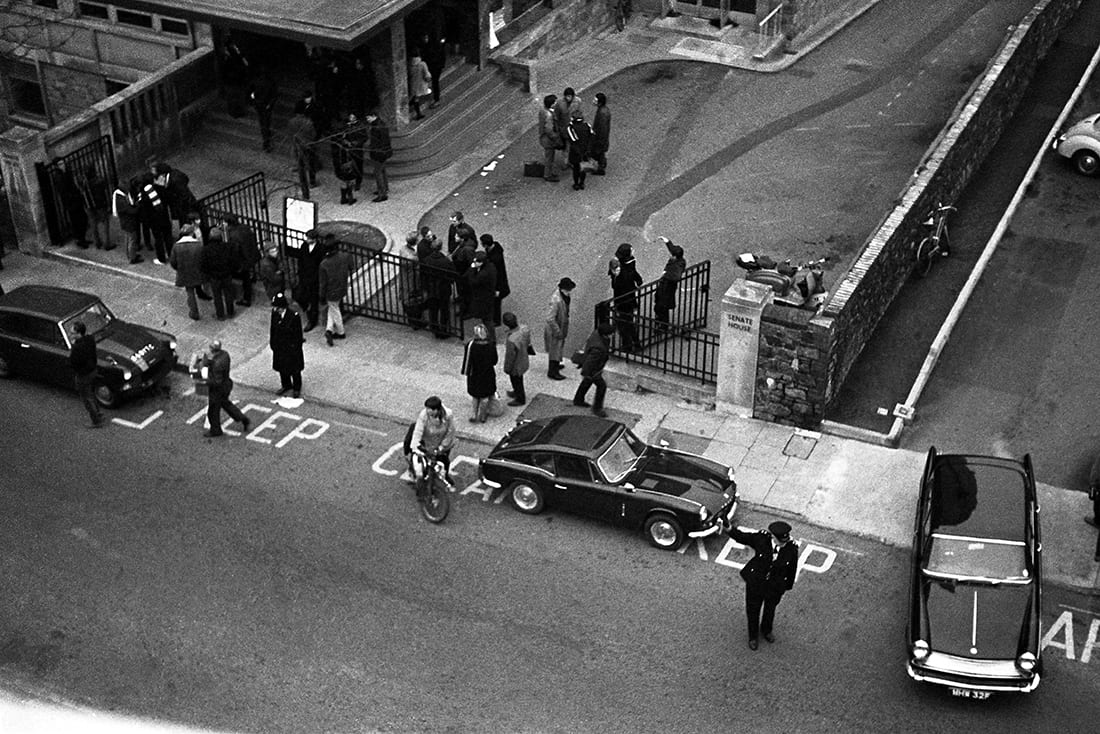 Related resources:
Related resources: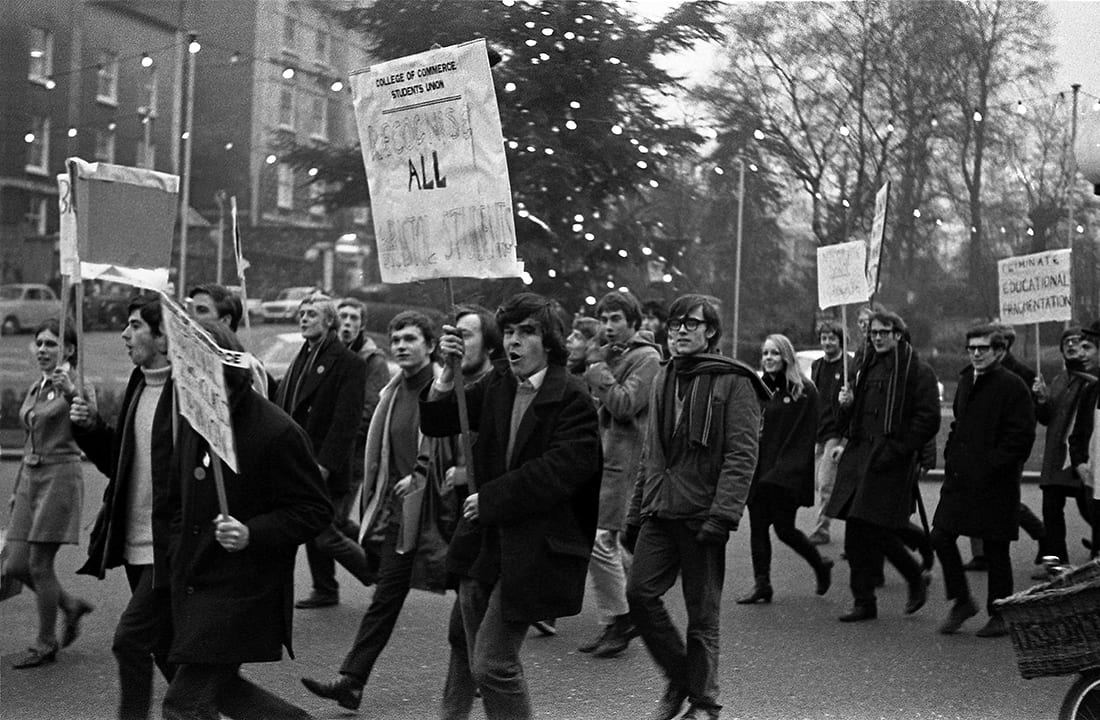
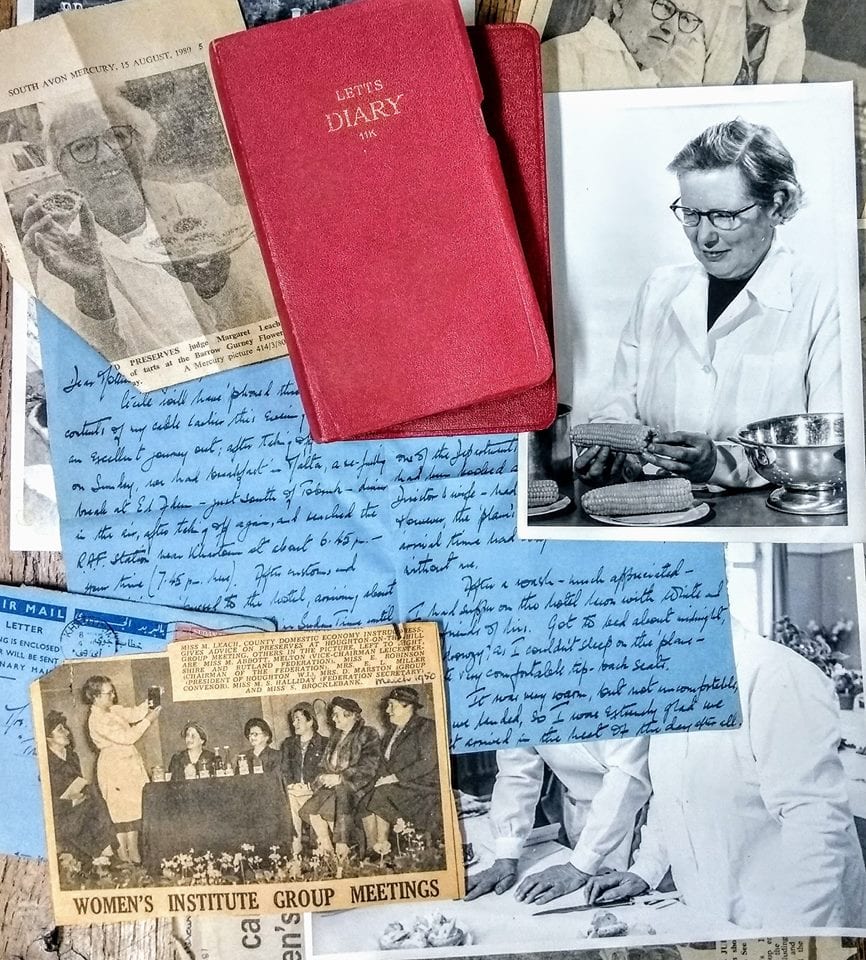
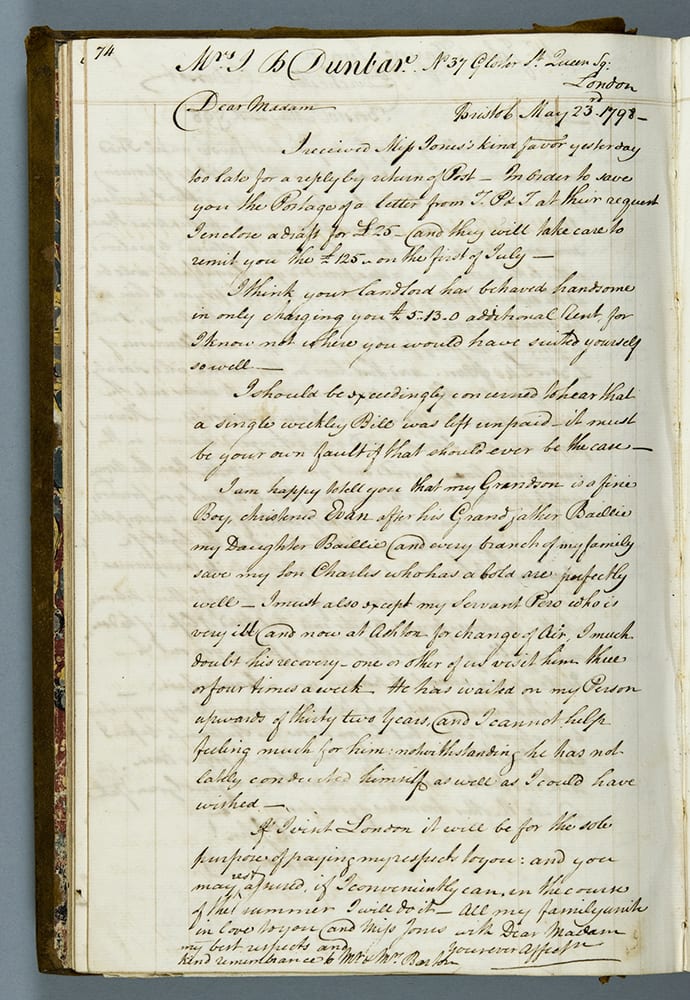
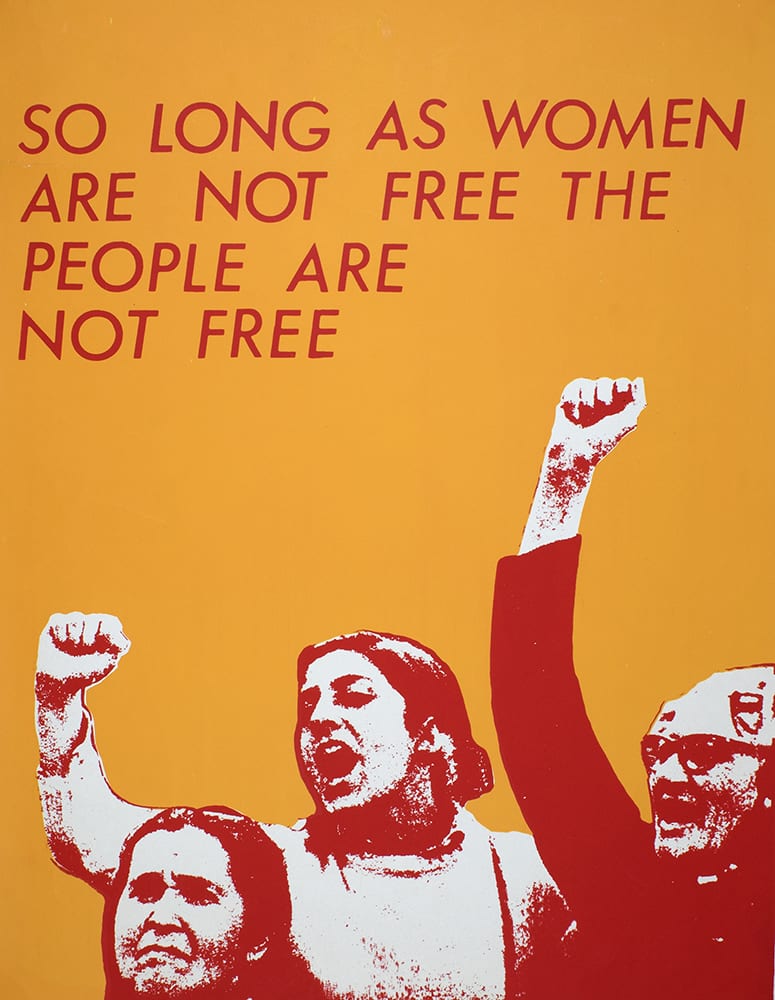
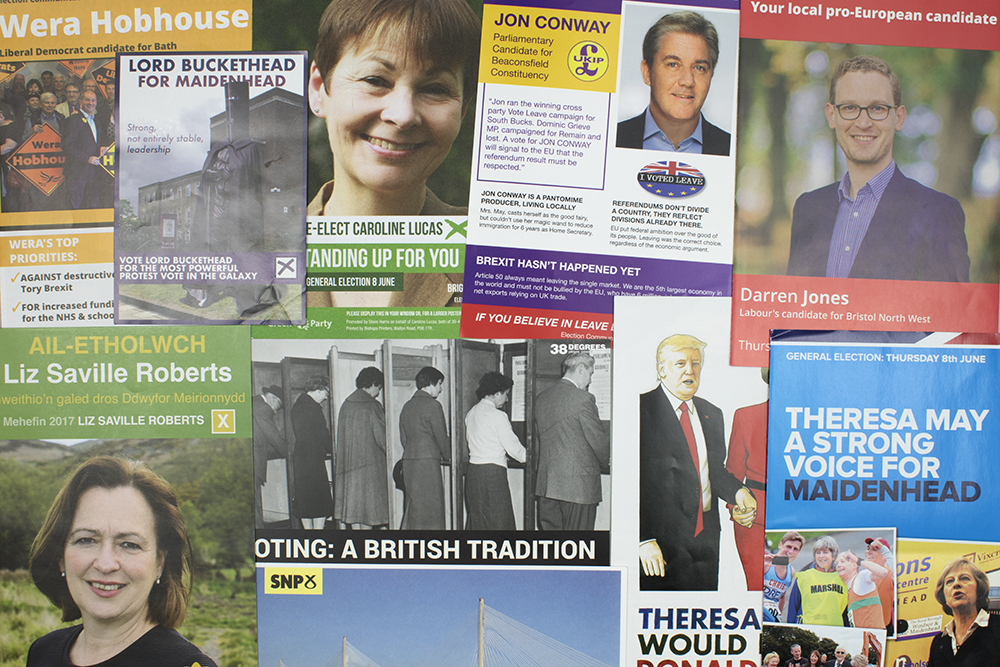
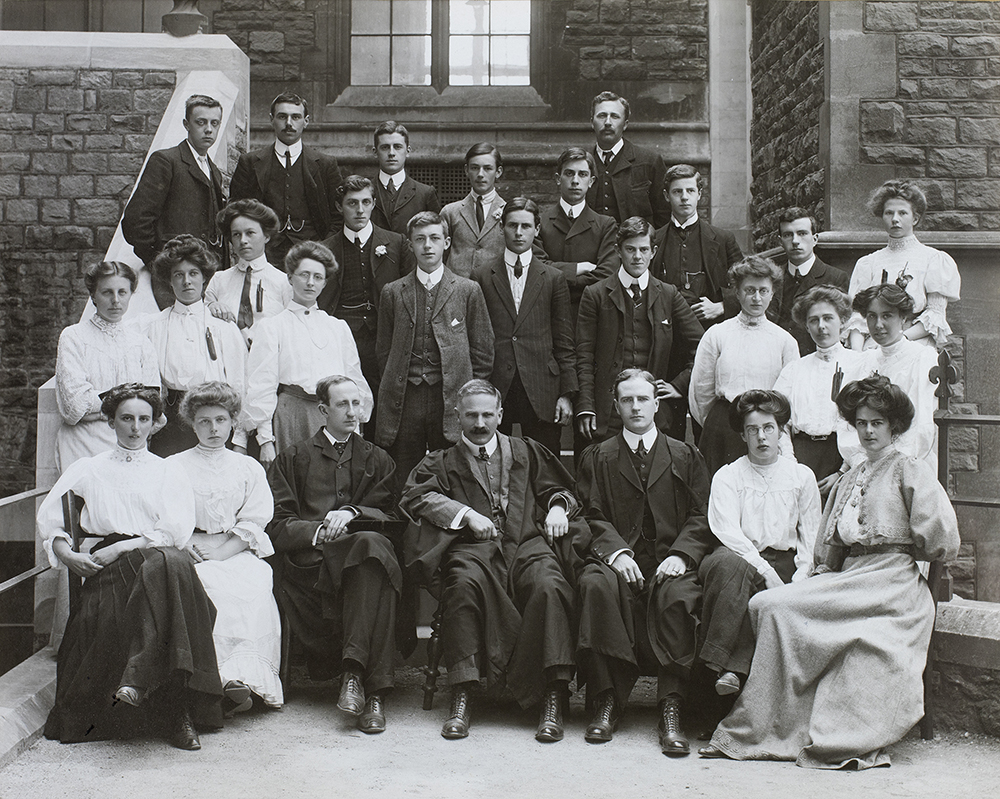
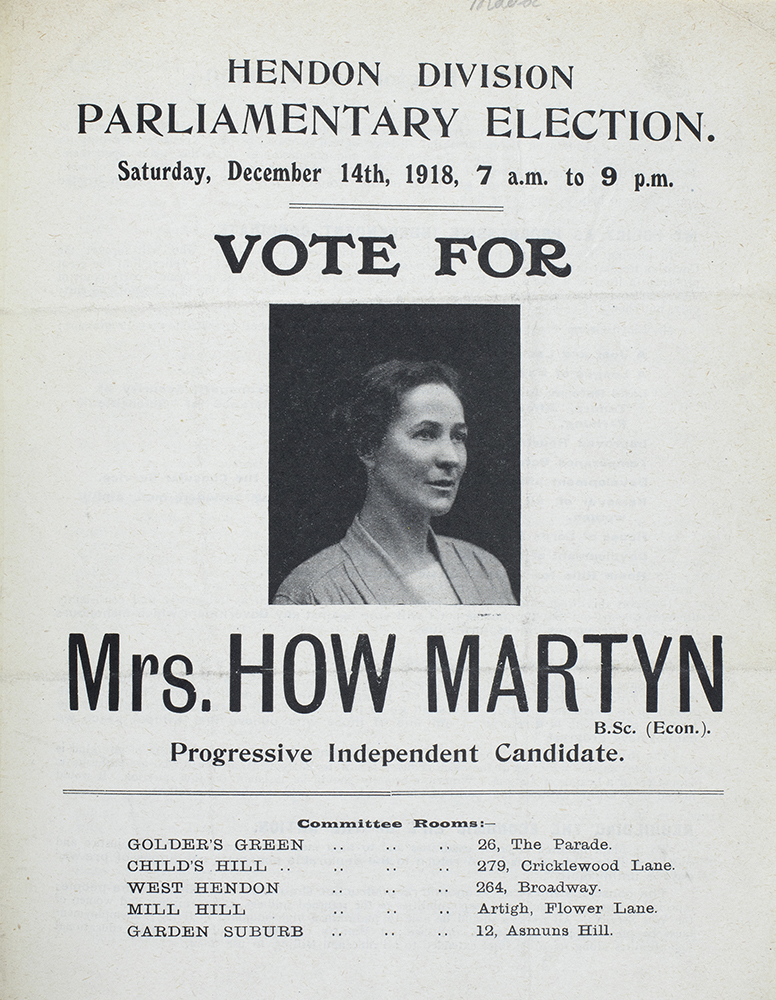
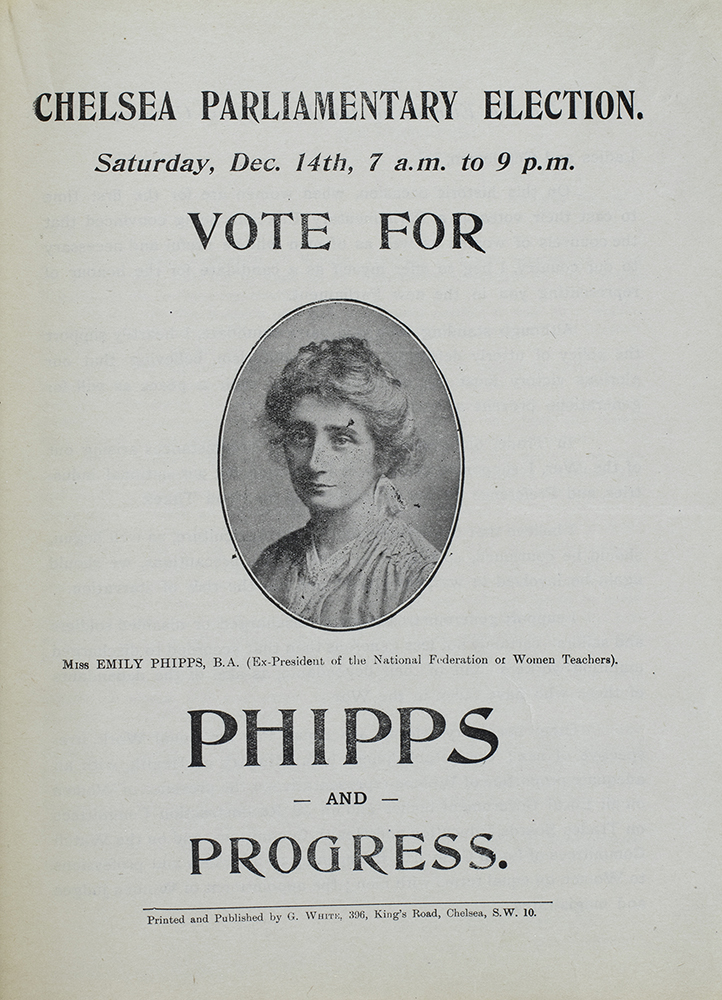
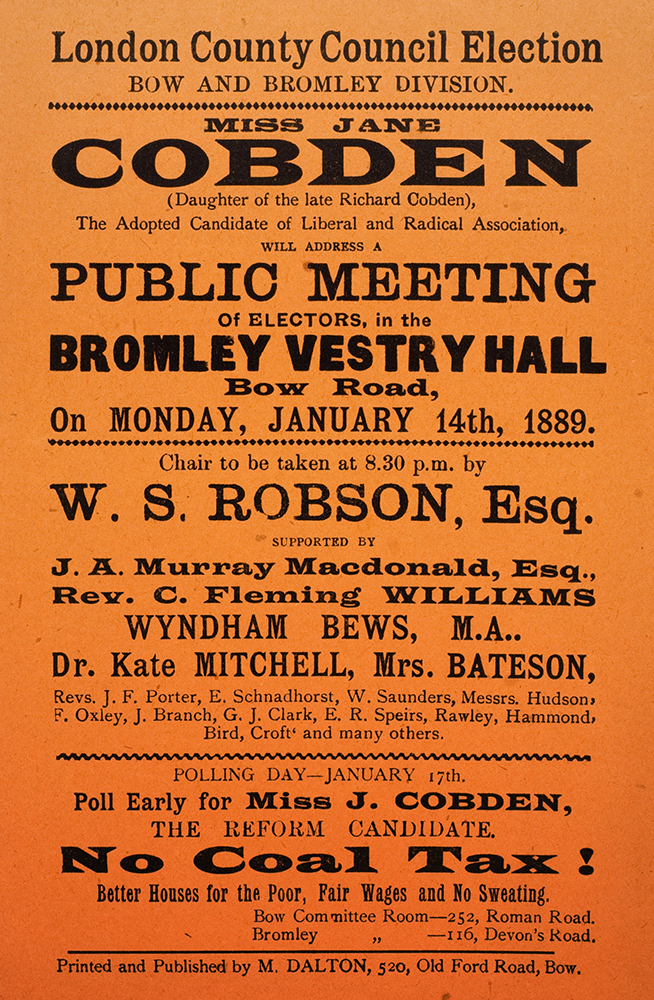
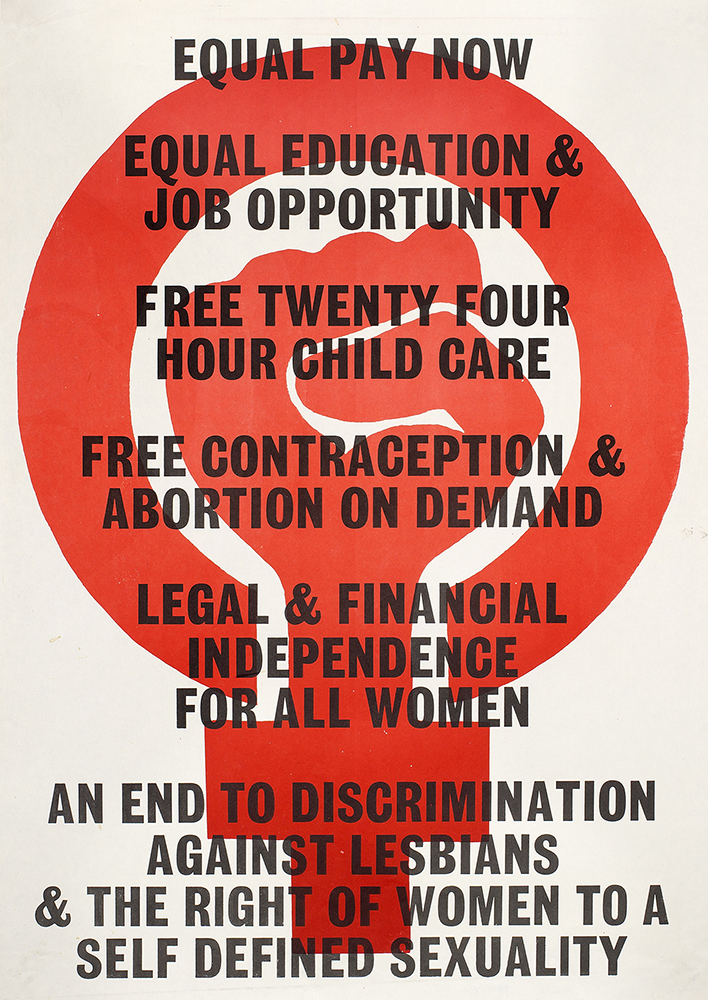
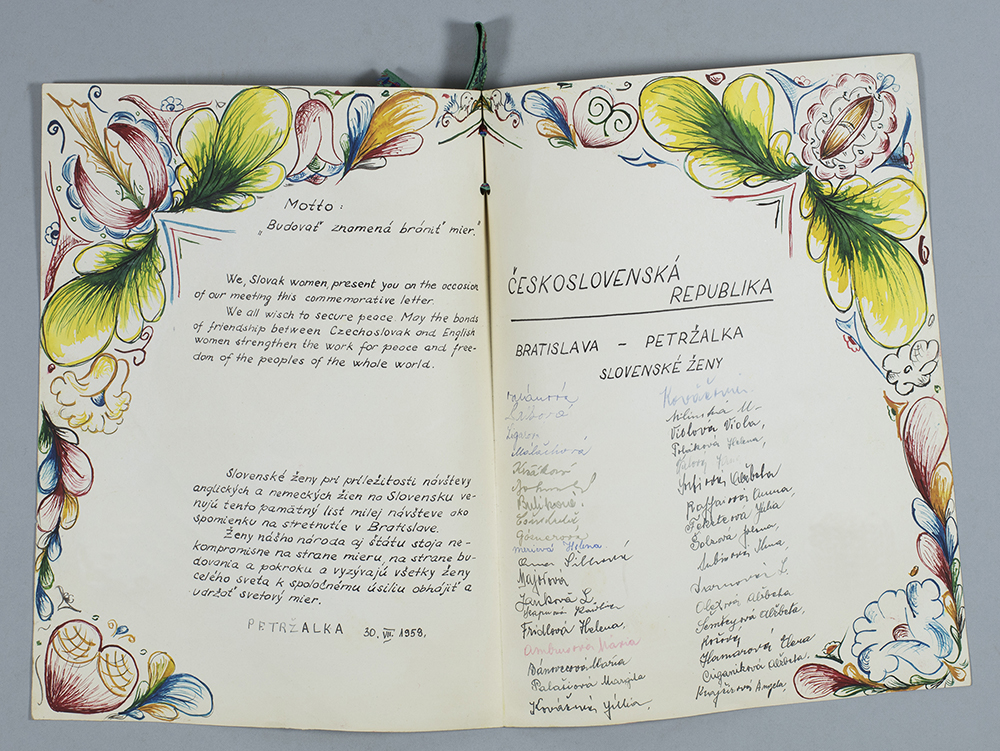
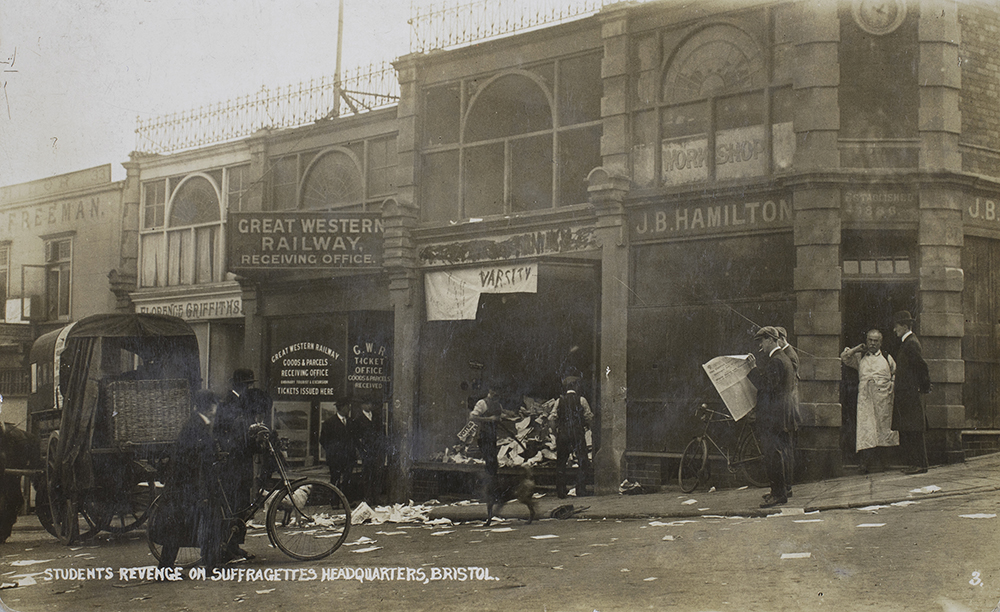
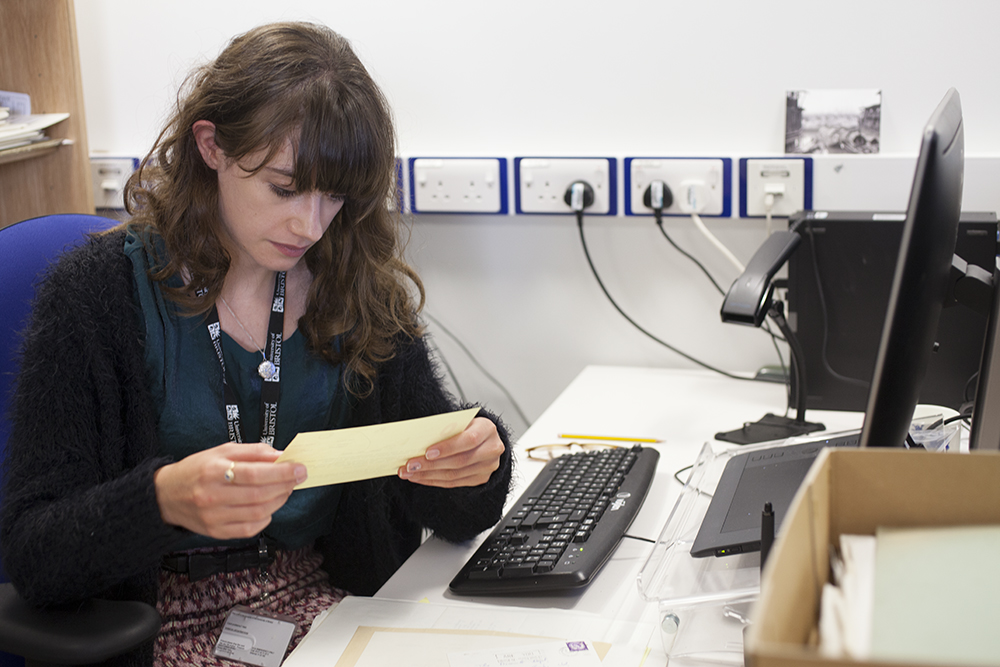
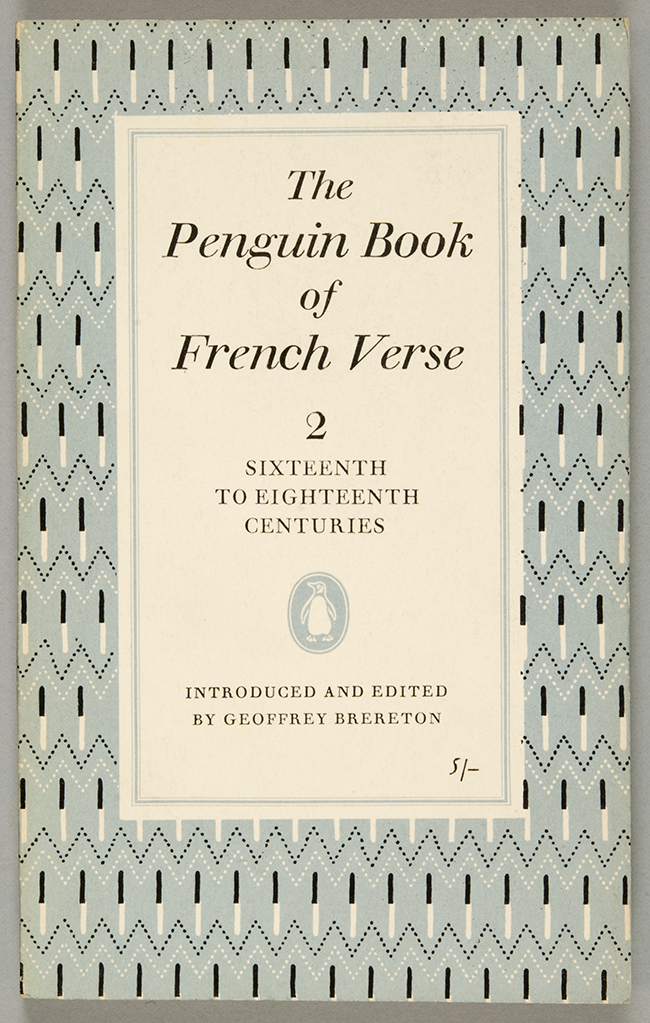 Cataloguing these files required a great deal of concentration and attention to detail, maintained over long periods. There were other challenges, too: getting to grips with the house style, working out how to list files that didn’t follow the usual format and learning how to use the cataloguing software, CALM.
Cataloguing these files required a great deal of concentration and attention to detail, maintained over long periods. There were other challenges, too: getting to grips with the house style, working out how to list files that didn’t follow the usual format and learning how to use the cataloguing software, CALM.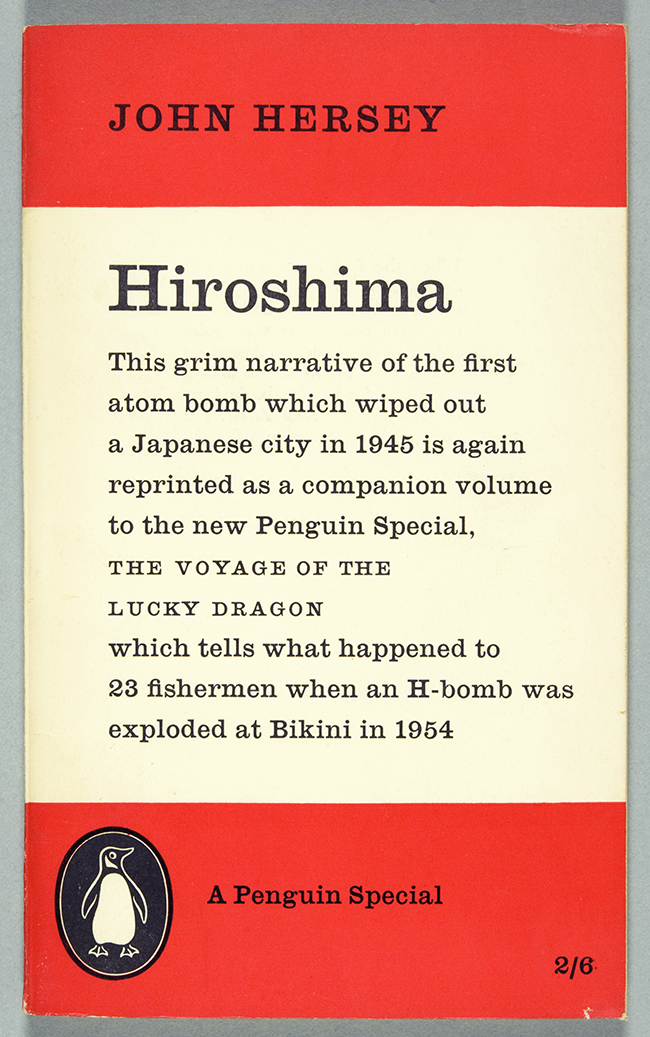
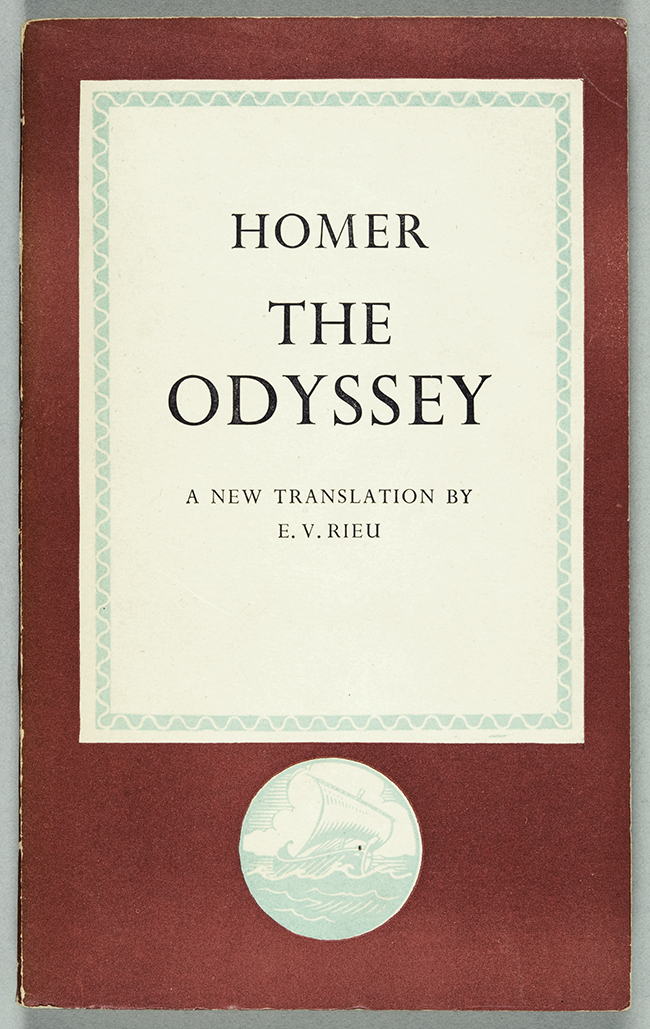 One of the things that made my time with Special Collections so worthwhile was all the help and advice I received from the department’s staff, who were all incredibly generous with their time. I am very grateful for the excellent experience they gave me, and should a similar opportunity be advertised again, I would not hesitate to recommend it to anyone who is considering a career as an archivist.
One of the things that made my time with Special Collections so worthwhile was all the help and advice I received from the department’s staff, who were all incredibly generous with their time. I am very grateful for the excellent experience they gave me, and should a similar opportunity be advertised again, I would not hesitate to recommend it to anyone who is considering a career as an archivist.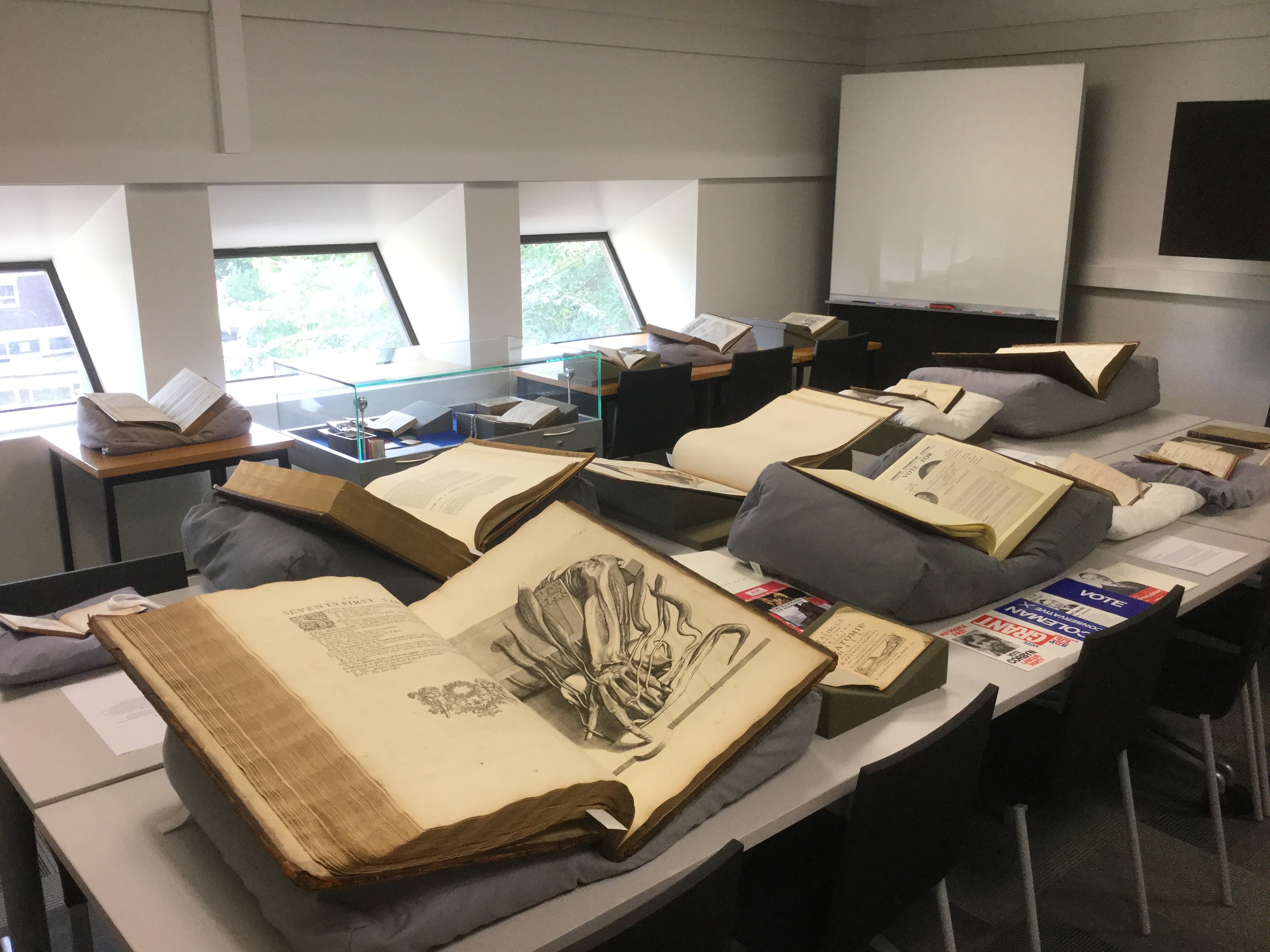

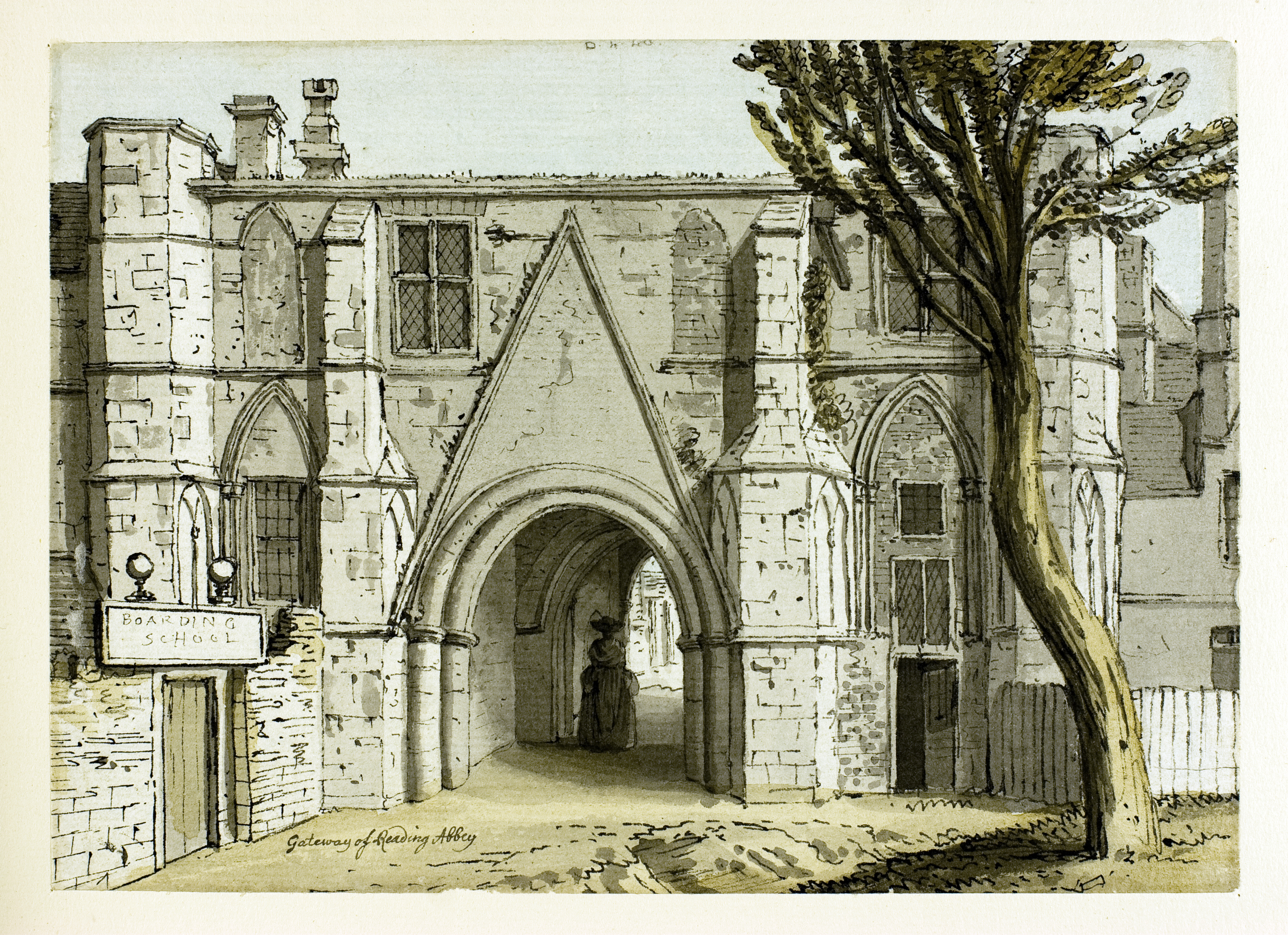

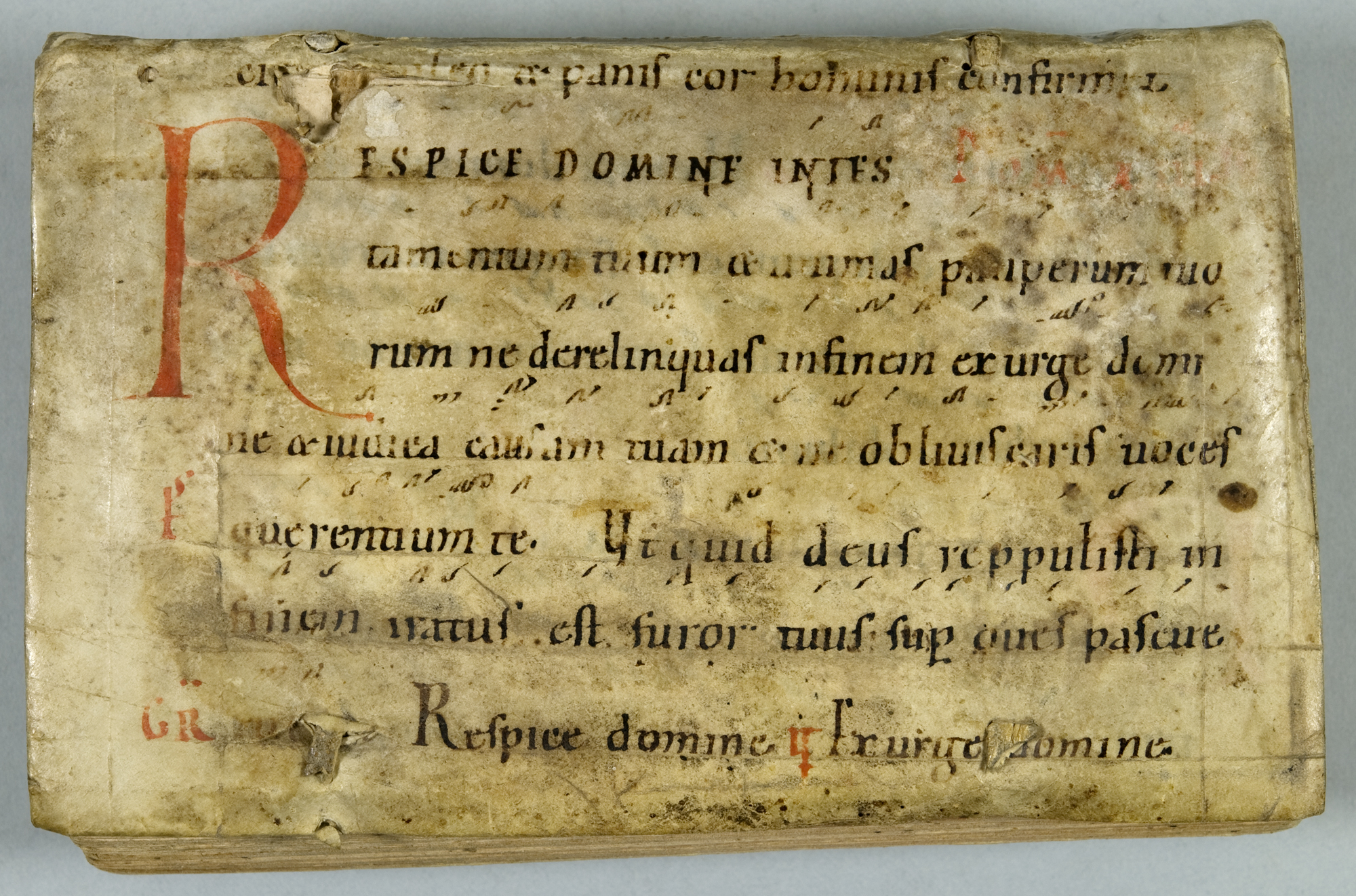


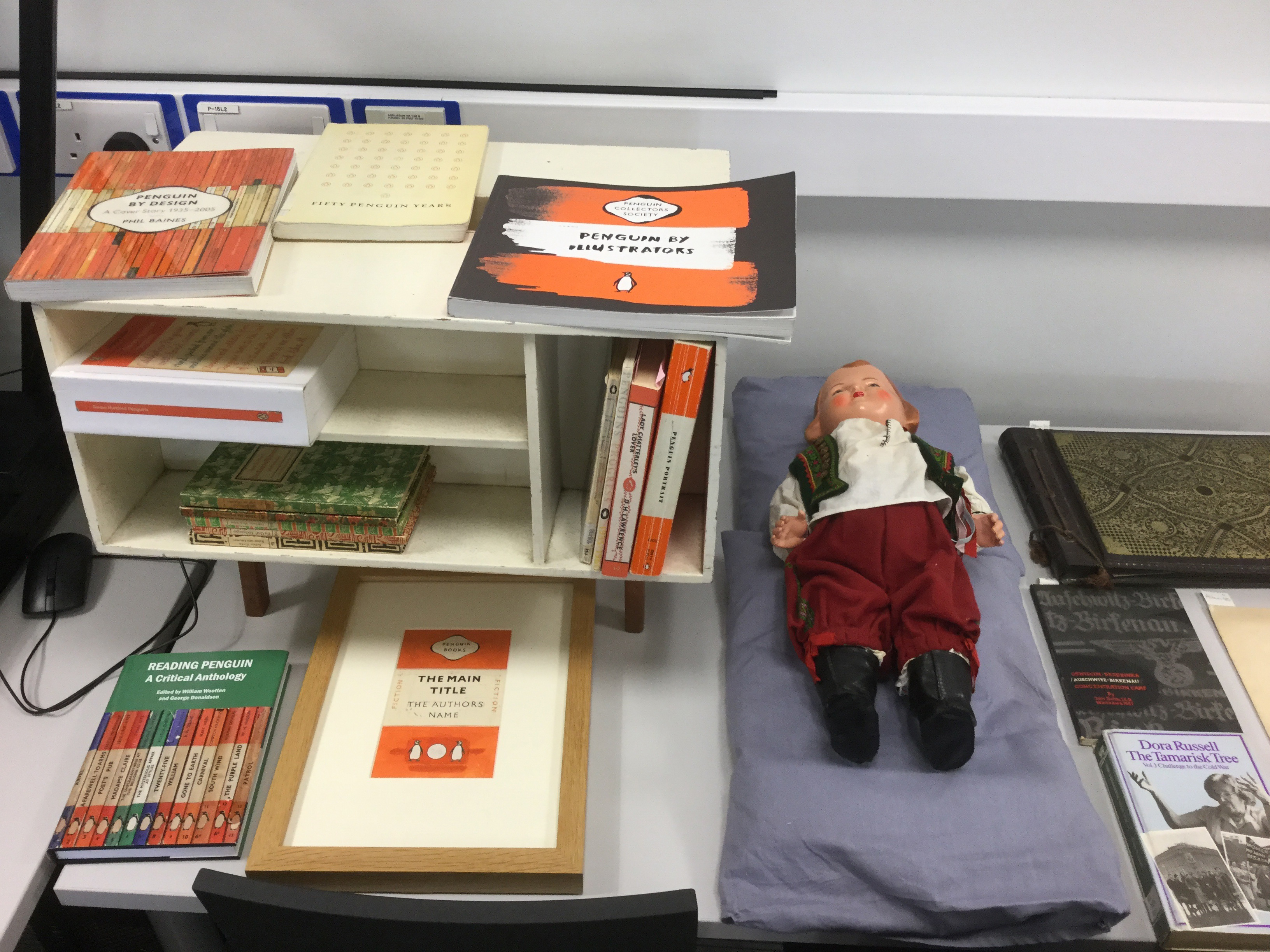
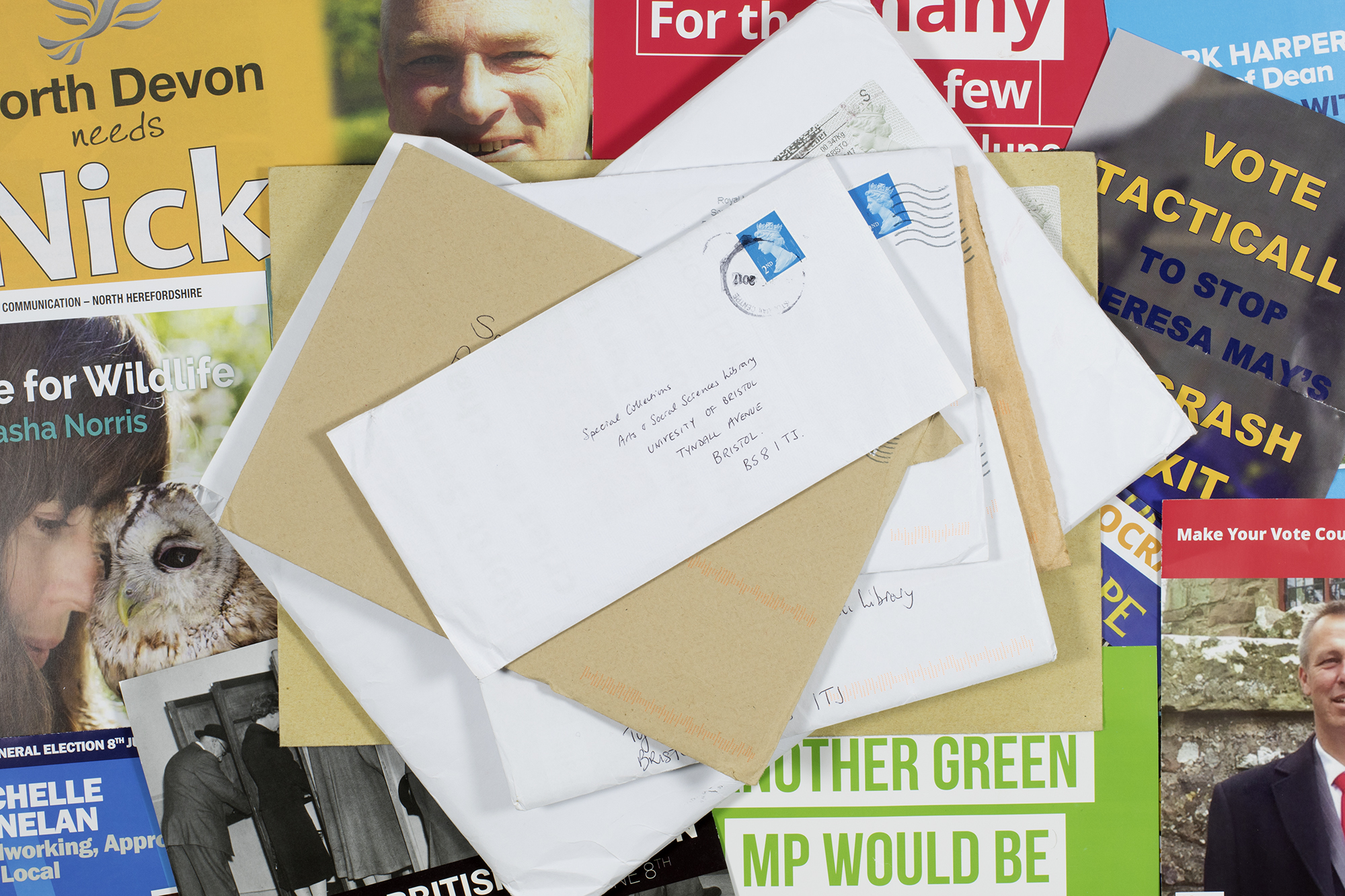 First of all we would like to say thank you to all of you who answered our call to send us election leaflets sent out by some of the c.3000 candidates in the 650 Westminster constituencies from Aldershot to West Dunbartonshire, via Foyle and Ogmore.
First of all we would like to say thank you to all of you who answered our call to send us election leaflets sent out by some of the c.3000 candidates in the 650 Westminster constituencies from Aldershot to West Dunbartonshire, via Foyle and Ogmore.
